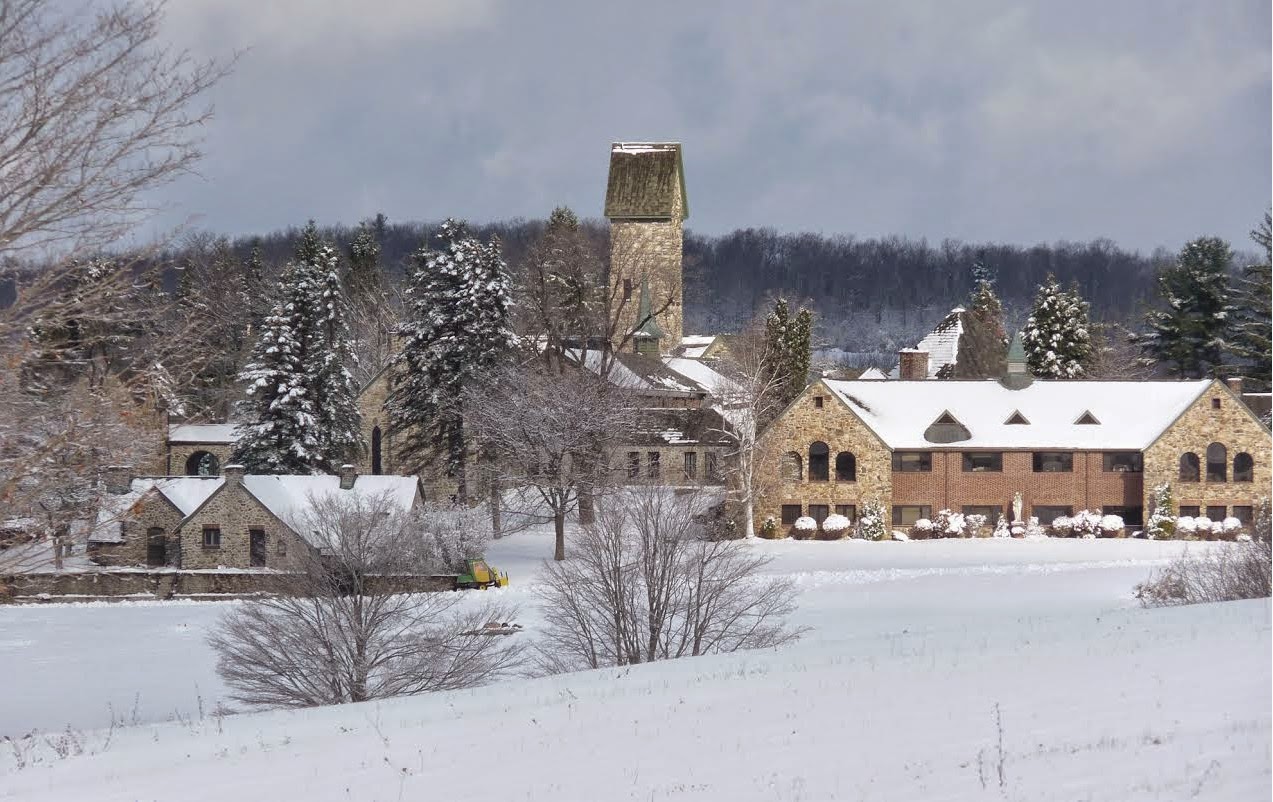“Now there were shepherds in that region living
in the fields and keeping the night watch over their flock. The angel of the
Lord appeared to them and the glory of the Lord shone around them, and they
were struck with great fear. The angel said to them, “Do not be afraid; for
behold, I proclaim to you good news of great joy.” The word ‘joy’ appears more
often in Luke’s gospel than in any other New Testament writing. In the
theological world view of the Gospel of Luke we live in a world redeemed and
transformed by the birth, life, ministry, passion, death and resurrection of
JC. In such a world there can be no other Christian response than joy!
Is
joy an integral part of my response to life? I would like it to be. On Gaudete
Sunday Pope Francis, in his Angelus address said, “It is not a joy that is
merely anticipated or set in paradise….here on earth we are sad but in paradise
we will be happy. No. It is not that. Rather, it is a joy that is already real…”
Is this angelic proclamation of good news of great joy just something that
pertains to a past event or a future heavenly reality? It cannot be just that.
Or, we are all wasting our time celebrating Christmas.
Several
years ago the author Ronald Rolheiser was treated for cancer. Following his diagnosis
and treatment, here’s how he described his experience: “Life is what happens
while you are planning your life; so too conversion. Having cancer taught me
some lessons other than the ones I planned. Most important among these was
this: Like everyone else in this world, I’ve always wanted joy in my
life---friendship, love, celebration. But, and this has been the big handicap
in finding these, I have always (however unconsciously) felt that the joy I so
longed for could only come my way when I was finally free from all anxiety,
emotional tension, pressure, overwork, illness, frustration, and stress of all
kinds. We nurse this strange fantasy that it is only after all our bills are
paid, our health is perfect, all tensions within our families and friendships
are resolved, and we are in a peaceful, leisured space that we can finally
enter life and enjoy it. In the meantime, we put our lives on hold as we
perpetually gear up, get ready and wait for that perfect moment to arrive where
we can finally rejoice within life.”
What if it is God who is
waiting. Waiting for us to wake up to something, SOMEONE who is already here!] Waiting
for us to really hear and believe the good news of great joy. “Today in the
town of David.” This today is more than just a chronological date. It is the
now; the ever-present now of God’s eternity bursting forth in time.
This
joy is fundamentally God’s doing. In fact, it is the overflow of God’s joy in
our lives. The very joy that God takes in creating us; in being close to
us---so close as to become enfleshed; the joy that God takes in redeeming us
and forgiving us. Such joy can in no way be produced on demand. The deepest joys in our lives sort of creep up on us when we
aren’t looking.
And this joy doesn’t
take away the reality of threat or risk or suffering. But how can I know this
joy in a world that is so full of atrocity and injustice? How can I know this
joy when I am so aware of my own failures, my own shabbiness, my own
depression? I have no theoretical answer to such questions. Because it has
nothing to do with theory. It is not something you can get your head around. It
simply happens this way. It is just here as sheer gift! In the “today”of the
here and now of our concrete lives. Not somewhere else. Not later. Today!
There is nothing theoretical about God’s closeness to us.
And this closeness is offered to us not as some sort of a guarantee of a
perfectly happy life, in the sense of one that is free from tension, pain or
disappointment. But to affirm that whatever happens in this unpredictable
world---sometimes wonderfully, sometimes horribly unpredictable---there is a
deeper level of reality at work, a world within the world, so to speak. This is
at the heart of the Christmas mystery and the source of our joy. God, the
creator, becomes a creature. The infinite God becomes finite---a crying,
hungry, defecating baby, who will grow up and develop and teach and heal and
suffer, die and rise…in order to be close to us with a closeness that is never,
ever removed. God’s closeness does not come and go. We may come and go but God
doesn’t. God never withdraws from us.
Excerpts from Abbot Damian's Homily for Christmas Midnight Mass.

%2BMadonna%2Band%2BChild%2BDetail%2BRest%2Bon%2Bthe%2BFlight%2Binto%2BEgypt%2B1628.jpg)




































